News
Is the iPhone 14 still good in 2025? Is it wort...
Is it really worth it to buy the iPhone 14 in 2025? Today we’ll look carefully at the iPhone 14’s camera, battery, performance and longevity to help you decide if...
Is the iPhone 14 still good in 2025? Is it wort...
Is it really worth it to buy the iPhone 14 in 2025? Today we’ll look carefully at the iPhone 14’s camera, battery, performance and longevity to help you decide if...
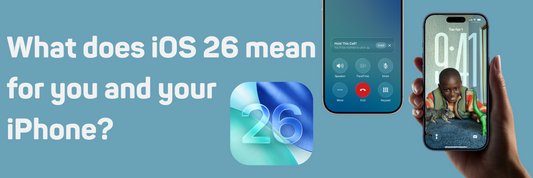
iOS 26 Is Here! What Does It Mean For Your iPhone?
Apple’s iOS 26 drops support for iPhone Xs, Xs Max, and XR while reserving new AI features for A17 Pro and newer. Find out if your iPhone is due for...
iOS 26 Is Here! What Does It Mean For Your iPhone?
Apple’s iOS 26 drops support for iPhone Xs, Xs Max, and XR while reserving new AI features for A17 Pro and newer. Find out if your iPhone is due for...
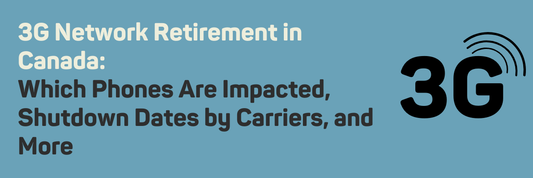
3G Network Retirement in Canada: Which Phones A...
Canada’s mobile carriers started phasing out the 3G network. If you’re using an older iPhone, you might be wondering if your device will still work after the shutdown. Can you...
3G Network Retirement in Canada: Which Phones A...
Canada’s mobile carriers started phasing out the 3G network. If you’re using an older iPhone, you might be wondering if your device will still work after the shutdown. Can you...
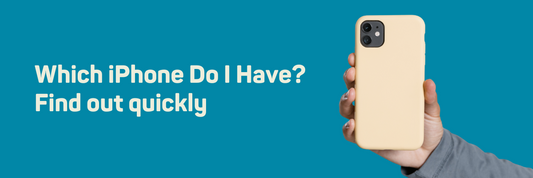
Which iPhone Do I Have? Here's how to find out ...
The simplest way is right in your iPhone’s settings: Go to Settings > General > About. Look for...
Which iPhone Do I Have? Here's how to find out ...
The simplest way is right in your iPhone’s settings: Go to Settings > General > About. Look for...
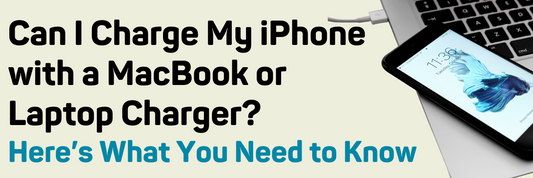
Can I Charge My iPhone with a MacBook or Laptop...
Wondering if you can charge your iPhone with a MacBook or laptop charger? Learn if it’s safe, how fast it charges, and why using the right cable and charger matters.
Can I Charge My iPhone with a MacBook or Laptop...
Wondering if you can charge your iPhone with a MacBook or laptop charger? Learn if it’s safe, how fast it charges, and why using the right cable and charger matters.
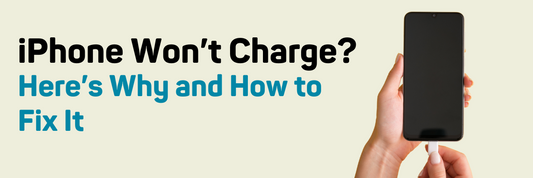
iPhone Won’t Charge? Here’s Why and How to Fix It
Before we start It’s a nightmare scenario: your iPhone battery is getting low, so you plug it in, and… nothing. Your iPhone won’t charge! Now you’re in a race against...
iPhone Won’t Charge? Here’s Why and How to Fix It
Before we start It’s a nightmare scenario: your iPhone battery is getting low, so you plug it in, and… nothing. Your iPhone won’t charge! Now you’re in a race against...
